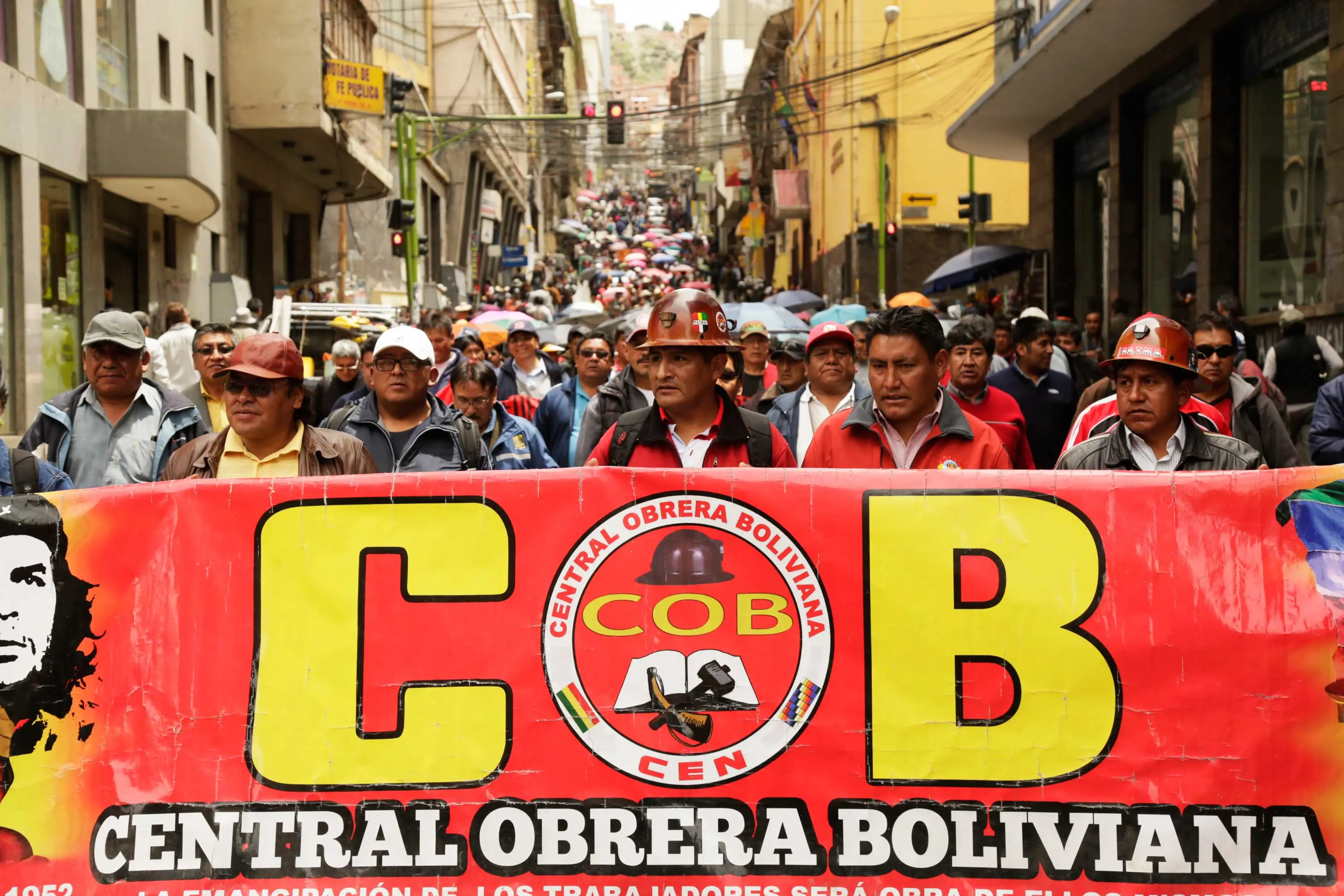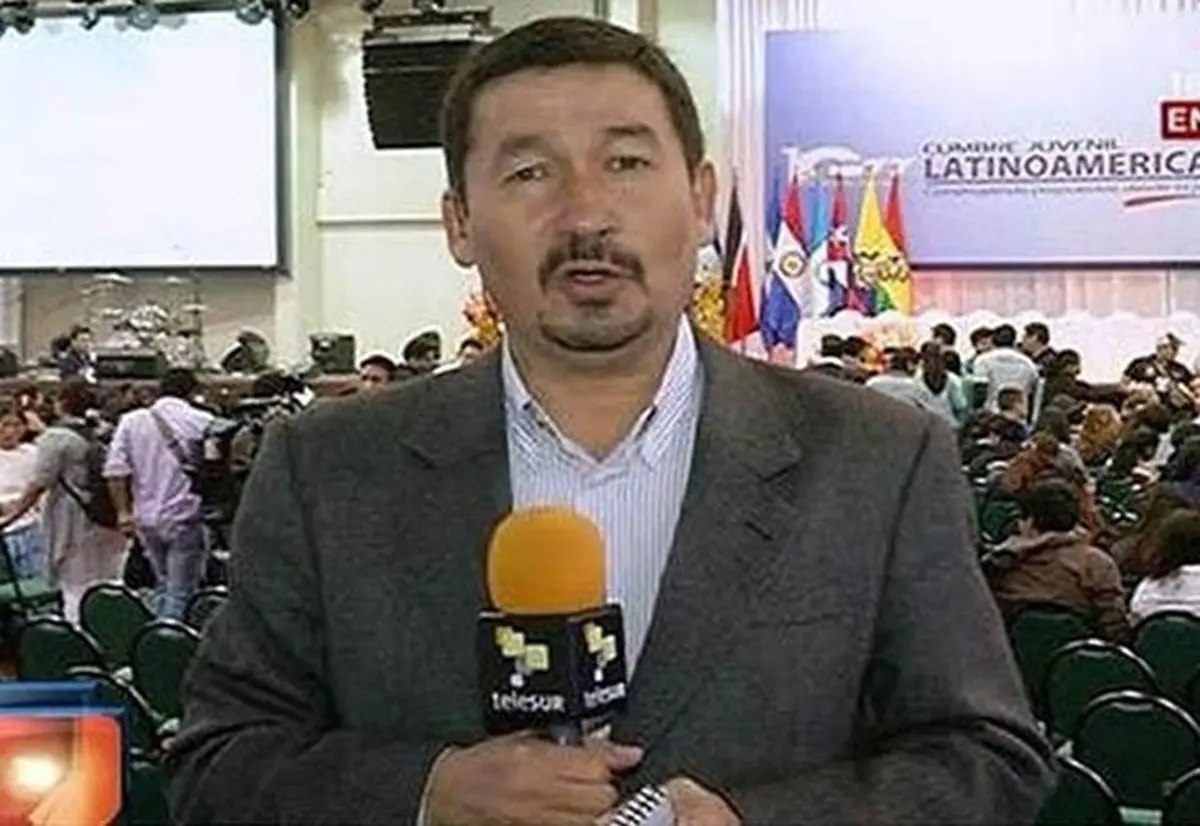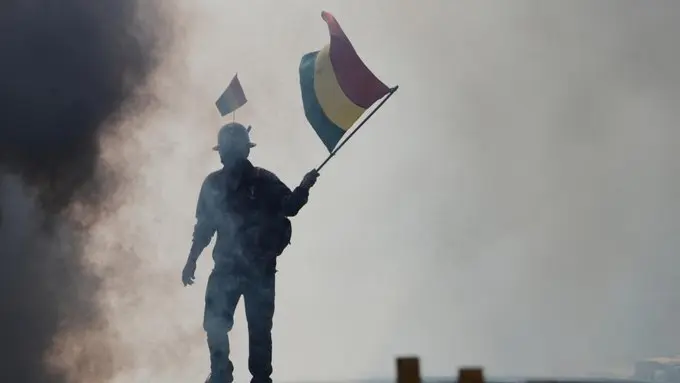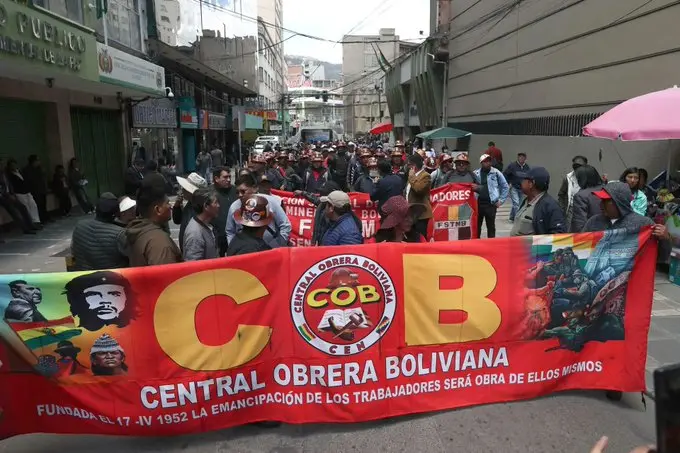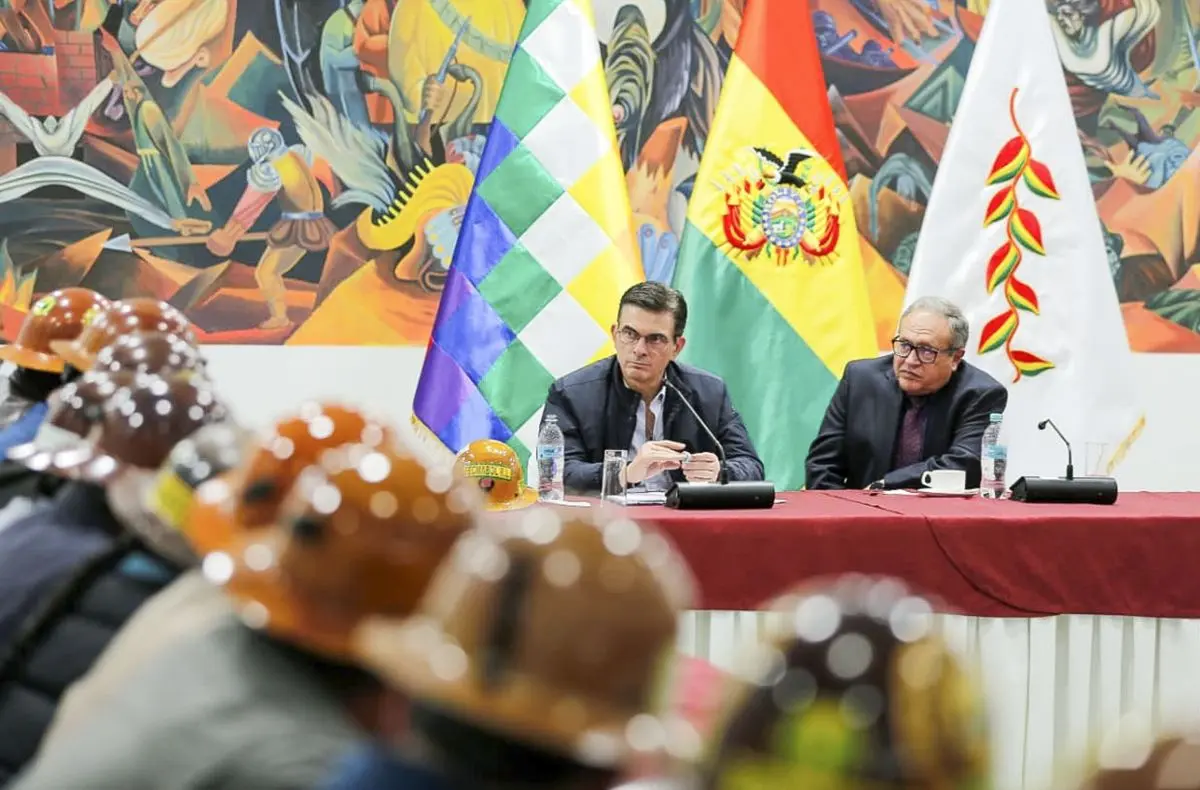Bolivia Rejects UN Hunger Risk Claims
Bolivia firmly rejects false claims of famine risk. The UN clarifies the country is not under an extreme food insecurity alert and highlights progress in agricultural production and food sovereignty.

Authorities and international representatives reaffirming their commitment to food security in Bolivia. Photo: @MRE_Bolivia
June 18, 2025 Hour: 1:24 am
Bolivia’s government has strongly rejected interpretations of a United Nations food insecurity report that suggested the country faces famine risk, a claim later clarified and dismissed by the UN’s own representation in La Paz.
RELATED:
UN Warns of Escalating Hunger in 13 Global Hotspots, Five at Risk of Famine
Development Planning Minister Sergio Cusicanqui firmly denied that Bolivia is facing an imminent hunger crisis, highlighting inaccuracies in how the report has been presented in some media outlets.
“We firmly reject the claims made in and around the report, which have attempted to instill uncertainty by suggesting Bolivia faces famine, a statement that is entirely inaccurate”, Cusicanqui said during a press conference.
The report in question — Hunger Hotspots: FAO-WFP Early Warnings on Acute Food Insecurity (June to October 2025 Outlook) — identifies 13 countries experiencing the most severe food insecurity, including Sudan, Palestine, South Sudan, Haiti, and Mali. Bolivia is not among them. However, the report notes Bolivia requires monitoring due to persistent inflation and declining foreign reserves, which could increase food insecurity risks between June and October.
As of October 2024, approximately 2.2 million Bolivians — or 19% of the population — were classified as facing crisis-level food insecurity (IPC Phase 3 or above). It is important to clarify that IPC Phase 3 denotes a crisis characterized by significant food consumption gaps or acute malnutrition, while famine corresponds to IPC Phase 5, involving widespread starvation and death. Bolivia does not meet the thresholds for famine, and no such alert has been issued.
The Bolivian government argues that the report does not fully reflect national realities and overlooks fundamental aspects such as family farming, which underpins Bolivia’s agricultural model by prioritizing self-sufficiency and food supply to urban areas.
“The report disregards the central role of family farming and the government’s sustained efforts to boost food production through irrigation and productivity programs across the country”, Cusicanqui emphasized.
Following public concern, UN Resident Coordinator in Bolivia, Anna Marttinen, met with national authorities, including Foreign Minister Celinda Sosa, to clarify the report’s scope. Marttinen explicitly stated that Bolivia is not at risk of famine.
“This report is technical and forward-looking. Bolivia is not listed among the five countries facing immediate famine risk, nor among the 13 countries under highest alert. We recognize Bolivia’s progress in food security and its commitment to strengthening family farming and agricultural policies”, Marttinen said.
She also highlighted ongoing collaboration between UN agencies and the Bolivian government to strengthen institutional capacity and prevent food insecurity.
Minister Cusicanqui welcomed the clarification and reaffirmed Bolivia’s commitment to food sovereignty. “Under the leadership of President Luis Arce, we will continue promoting agricultural production to guarantee food access for all Bolivians, especially the most vulnerable”, he concluded.
The government and UN agencies reaffirmed their cooperation to monitor risks and support Bolivia’s food sovereignty agenda, emphasizing that there is no famine warning in effect.
Author: MK
Source: Los Tiempos - Cancillería de Bolivia


